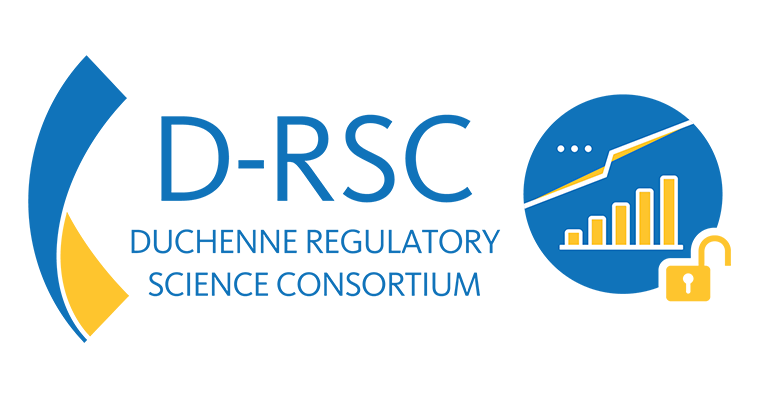
PPMD is proud to be an original funder and continued supporter of the Duchenne Regulatory Science Consortium (D-RSC) database, which includes data from Duchenne clinical trials, natural history studies, and clinical data collections. With the strength in numbers of data available in the D-RSC database, we believe that opening this platform and making data available will have a profound effect on expediting the Duchenne drug development process.
We are grateful to the contributors of these datasets for giving permission for this data to be shared externally with qualified researchers in order to accelerate therapy development. And as always, we are so grateful to all Duchenne families who have contributed so much to these important data collection efforts!
Read the full announcement from C-Path.
C-Path Opens Access to Duchenne Regulatory Science Consortium Database
Database will allow sharing of individual-level data with the goal of accelerating therapy development for Duchenne muscular dystrophy
TUCSON, Ariz., April 22, 2021 — Critical Path Institute (C-Path) announced today that it will open access to the Duchenne Regulatory Science Consortium (D-RSC) database to qualified researchers, through its Rare Disease Cures Accelerator, Data and Analytics Platform (RDCA-DAP®). The D-RSC database includes data from Duchenne muscular dystrophy (DMD) clinical trials, natural history studies and clinical data collections. The contributors of these datasets have given permission for this data to be shared externally to accelerate therapy development for DMD.
DMD is a rare, fatal, genetic neuromuscular disorder that is diagnosed in childhood and primarily affects males. It causes progressive muscle loss, resulting in the loss of the ability to walk, loss of upper body strength, progressive breathing issues, cardiomyopathy and premature death. Although there are medical treatments that may help slow its progression, there is currently no cure for DMD.
C-Path’s RDCA-DAP provides a centralized and standardized infrastructure to support and accelerate rare disease characterization, with the goal of accelerating therapy development across all rare diseases. By sharing this valuable data resource through RDCA-DAP, D-RSC aims to extend and amplify the availability of data to accelerate therapy development for DMD, foster the development of tools to accelerate clinical trials for DMD and help develop a deeper understanding of DMD natural history.
“Individuals living with Duchenne are in urgent need of effective treatments,” explained C-Path’s Chief Science Officer Klaus Romero, M.D., M.S., F.C.P. “With the strength in numbers of data available in the D-RSC database, we believe that opening this platform and making data available to qualified researchers will have a profound effect on expediting the drug development process.”
All data in the D-RSC database have been mapped to current Clinical Data Interchange Standards Consortium (CDISC) Standard Data Tabulation Model (SDTM) structures. Data contained in the D-RSC database are fully de-identified and datasets are integrated, so researchers will not be able to identify participants of the studies and data can be used in aggregate.
D-RSC was formed through collaboration between the Critical Path Institute and Parent Project Muscular Dystrophy. Individuals and companies from industry and academia are members of the consortium, and representatives of the U.S. Food and Drug Administration, European Medicines Agency and the National Institutes of Health have joined the consortium coordinating committee as observers.
Researchers interested in contributing data to D-RSC and/or utilizing the database to advance DMD-related research initiatives can learn more at: https://c-path.org/programs/d-rsc/overview/database-access/ or contact D-RSC Associate Director Ramona Belfioire-Oshan, Ph.D., at rbelfioreoshan@c-path.org.
Critical Path Institute is supported by the Food and Drug Administration (FDA) of the U.S. Department of Health and Human Services (HHS) and is 55% funded by FDA/HHS, totaling $14,575,306, and 45% funded by non-government source(s), totaling $11,916,747. The contents are those of the author(s) and do not necessarily represent the official views of, nor an endorsement by, FDA/HHS or the U.S. Government. For more information, please visit FDA.gov.



 by: Parent Project Muscular Dystrophy
by: Parent Project Muscular Dystrophy

